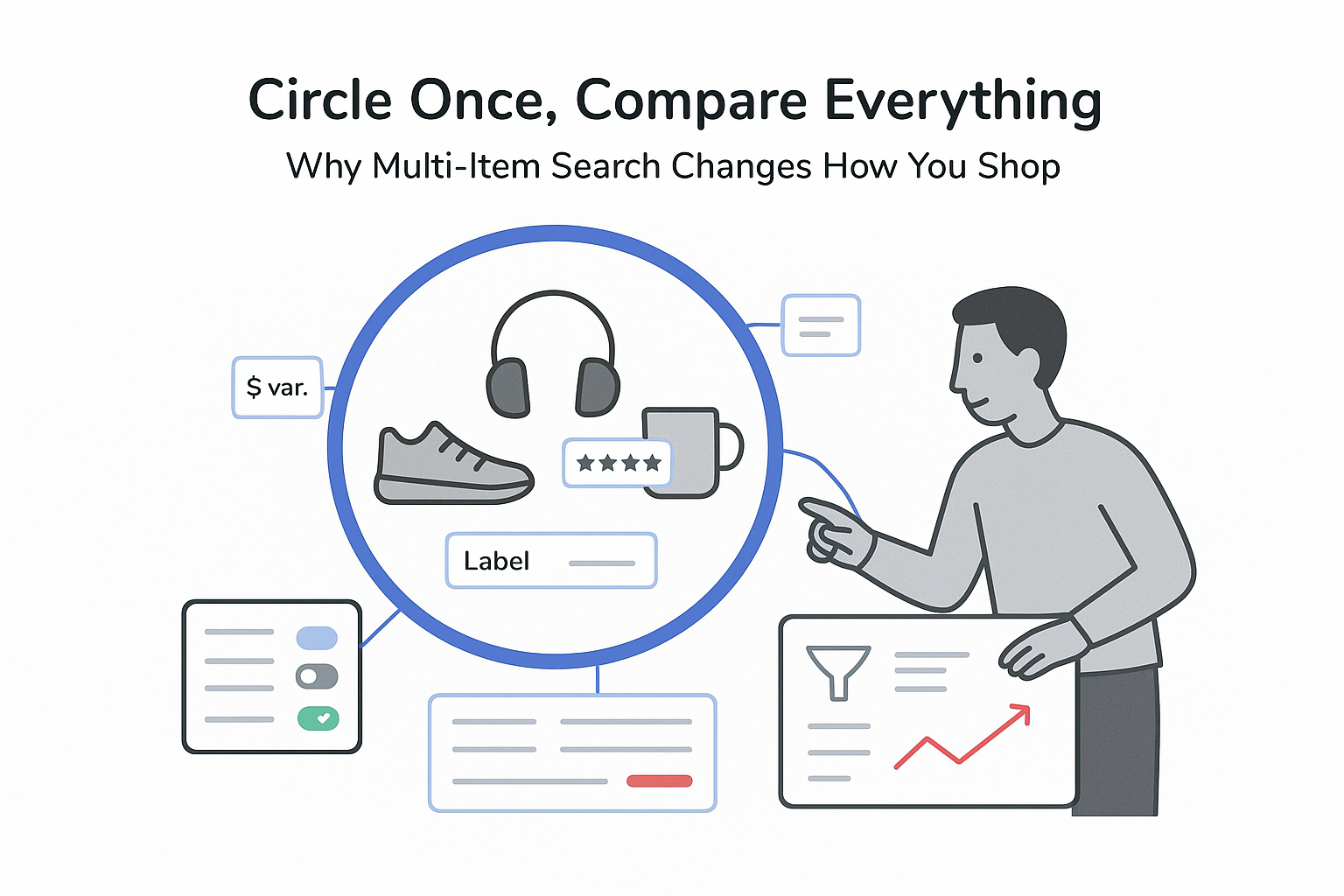On November 13, 2025, Google defended its site reputation abuse policy after the European Commission opened an investigation under the EU's Digital Markets Act. In a company blog post, Pandu Nayak outlined the rationale for the policy and how Google applies it in Search.

Google defends site reputation abuse enforcement
Google called the probe "misguided" and said it "risks harming millions of European users." The post addresses concerns about enforcement against parasite SEO and states the policy targets tactics that attempt to manipulate rankings by exploiting a host site's reputation.
Key details
- Pandu Nayak published a company blog post on November 13, 2025, responding to the EU investigation.
- The company updated its site reputation abuse policy in the March 2024 Search update.
- The policy covers third-party content primarily published to gain ranking benefits from a host site, as described in Google's spam policies.
- Enforcement includes actions against violating pages or site sections, consistent with those spam policies.
- Google said a German court dismissed a similar claim, finding the policy valid and consistently applied, per the company blog post.
Background context
Google defines site reputation abuse as hosting third-party pages that aim to rank due to the host site's signals. The definition and examples are documented in Google's spam policies.
The Digital Markets Act sets conduct rules for designated gatekeepers in the EU. Violations can trigger fines of up to 10 percent of worldwide turnover, rising to 20 percent for repeat infringements.








.svg)